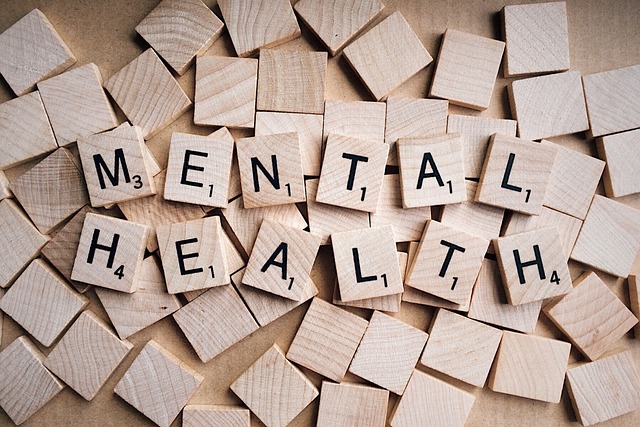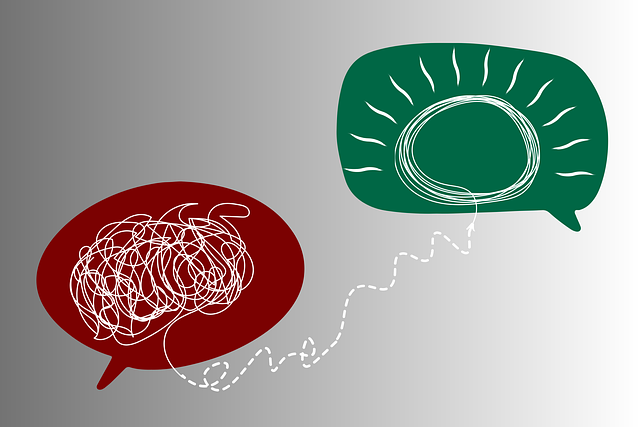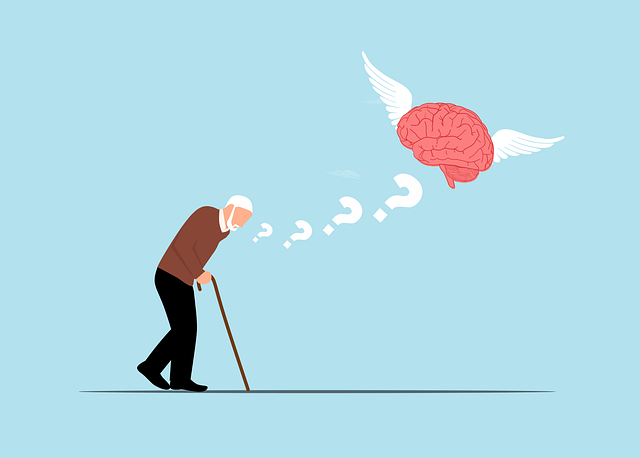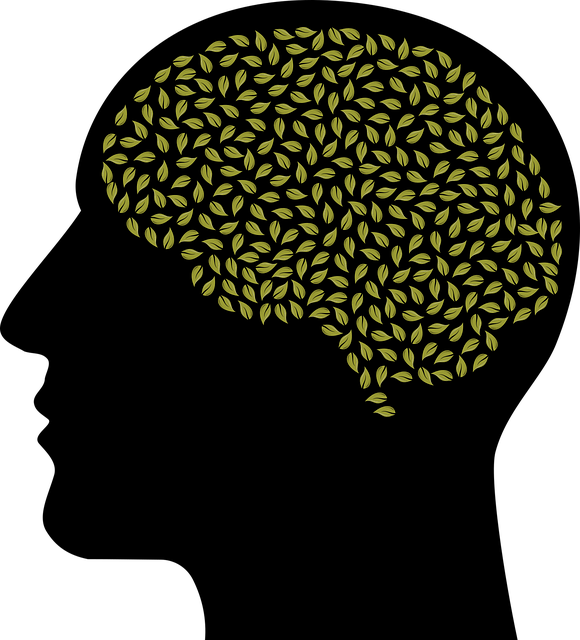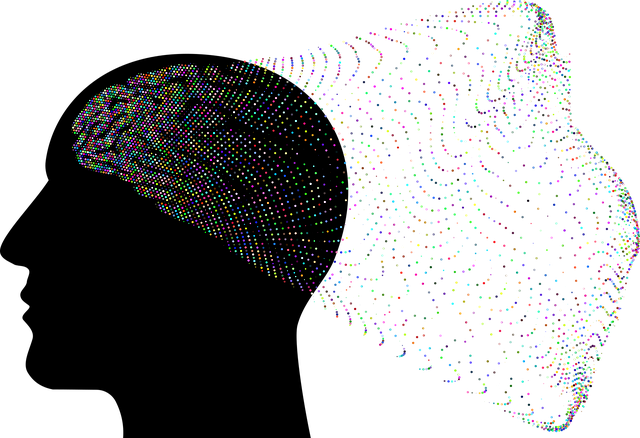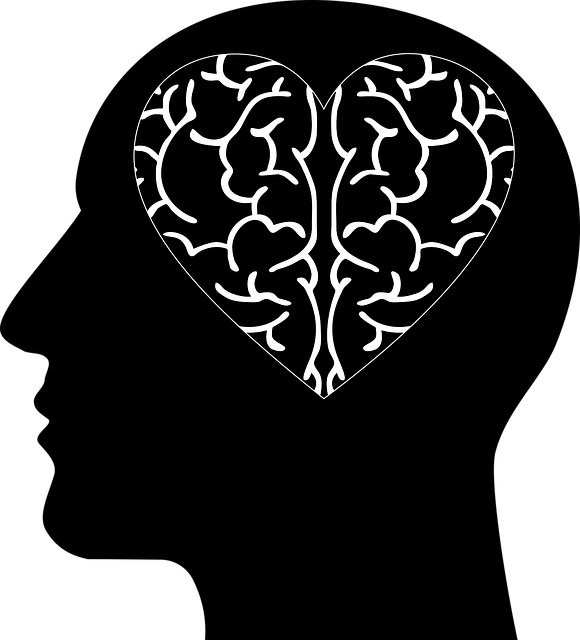Centennial EMDR Certified Therapy is a revolutionary approach to healing trauma and emotional distress, combining psychological insights with physical stimulation techniques. It enhances cultural sensitivity among healthcare providers, enabling them to address deep-seated barriers to well-being. By reprocessing traumatic memories through safe mechanisms, clients can mitigate distressing memories, promoting lasting mental wellness. This method effectively treats anxiety, depression, and PTSD, fostering emotional regulation and mental resilience. Integrating self-care practices like hobbies, relaxation, and mindfulness alongside professional support from Centennial EMDR certified therapists is crucial for maintaining long-term mental wellness in today's fast-paced world.
Mental wellness is a cornerstone of overall health, and understanding its intricacies is key to fostering resilience. This article explores various facets of mental wellness promotion, delving into therapeutic approaches like EMDR (Eye Movement Desensitization and Reprocessing), specifically highlighting the benefits of Centennial EMDR Certified Therapy. We’ll uncover techniques to address mental health concerns, emphasize self-care practices for sustained well-being, and guide readers on navigating professional services, empowering them to take charge of their mental wellness journey.
- Understanding Mental Wellness: The Foundation of EMDR Therapy
- Centennial EMDR Certified Therapy: Unlocking Healing Potential
- Techniques and Benefits: How EMDR Addresses Mental Health Concerns
- Integrating Self-Care into Daily Life for Long-Term Mental Wellness
- Seeking Support: Navigating Professional Mental Health Services
Understanding Mental Wellness: The Foundation of EMDR Therapy

Understanding Mental Wellness is a pivotal step in comprehending the power of EMDR (Eye Movement Desensitization and Reprocessing) therapy, a game-changer in the realm of Centennial EMDR certified therapy. This therapeutic approach recognizes that mental wellness isn’t merely the absence of illness; it’s a dynamic state of inner strength development where individuals can process and overcome traumatic experiences, thereby fostering emotional healing processes.
By focusing on the connection between traumatic memories and subsequent emotional responses, EMDR empowers healthcare providers to enhance cultural competency training. It enables them to address deep-seated issues that may be hindering an individual’s overall well-being. The therapy facilitates a safe space for clients to reprocess distressing memories, reducing their impact over time, and promoting sustainable mental wellness.
Centennial EMDR Certified Therapy: Unlocking Healing Potential

Centennial EMDR Certified Therapy is a cutting-edge approach that unlocks profound healing potential for individuals seeking to overcome trauma and emotional distress. This therapeutic method, recognized globally for its effectiveness, empowers clients by facilitating the processing of traumatic memories and associated emotions. Through a structured yet nuanced process, Centennial EMDR goes beyond mere talk therapy, utilizing eye movement desensitization and reprocessing techniques to help individuals integrate traumatic experiences in healthier ways.
By combining psychological insights with physical stimulation, such as side-to-side eye movements or tactile taps, Centennial EMDR Certified Therapists assist clients in reestablishing emotional regulation and conflict resolution techniques. This holistic approach not only aids in the resolution of past traumas but also equips individuals with valuable coping mechanisms for managing present-day stressors. Moreover, it includes comprehensive risk management planning for mental health professionals, ensuring that both therapists and clients are prepared to navigate potential challenges that may arise during the therapeutic process.
Techniques and Benefits: How EMDR Addresses Mental Health Concerns

Eye Movement Desensitization and Reprocessing (EMDR) is a powerful technique that has gained recognition in the field of mental wellness promotion. This therapeutic approach, often associated with Centennial EMDR Certified Therapy, offers an innovative way to address various mental health concerns. By combining guided eye movements with memories or traumatic experiences, EMDR facilitates the brain’s natural healing process, allowing individuals to process and release distressing emotions and memories effectively.
The benefits of EMDR are profound, especially in burnout prevention and stress management. It helps clients reduce anxiety, depression, and post-traumatic stress disorder (PTSD) symptoms. Through EMDR sessions, individuals can work through past traumatic events, leading to improved emotional regulation and overall mental resilience. This technique has been widely recognized for its ability to break free from the cycle of recurrent thoughts and emotions associated with trauma, making it a valuable tool in mental illness stigma reduction efforts.
Integrating Self-Care into Daily Life for Long-Term Mental Wellness

In today’s fast-paced world, integrating self-care practices into our daily routines is essential for maintaining long-term mental wellness. It involves taking proactive steps to nurture our minds and emotions, much like how regular physical exercise strengthens our bodies. Simple yet powerful acts of self-care can range from dedicated time for hobbies and relaxation to practicing mindfulness and setting healthy boundaries. For example, a Certified EMDR Therapist might incorporate daily meditation sessions or engage in creative outlets like painting or writing as part of their self-care regimen, fostering mental resilience and emotional balance.
Centennial EMDR therapy emphasizes the importance of holistic healing, encouraging individuals to explore and tend to their psychological needs alongside professional support. Effective risk management planning for mental health professionals also includes promoting self-care within their practices. Stress Management Workshops Organization can play a pivotal role in educating professionals on healthy coping mechanisms, stress assessment, and risk assessment techniques, ultimately contributing to a more robust and sustainable approach to mental wellness both personally and professionally.
Seeking Support: Navigating Professional Mental Health Services

Seeking support for your mental wellness journey is a proactive step towards self-care and healing. Professional mental health services offer specialized care tailored to individual needs, ensuring a safe and supportive environment for exploration and growth. Certified therapists, such as those specializing in Centennial EMDR (Eye Movement Desensitization and Reprocessing), provide advanced techniques to address trauma and emotional distress effectively.
Navigating these services involves considering factors like accessibility, cost, and alignment with personal goals. Mental health education programs design structured paths to understanding and managing emotions, fostering emotional well-being promotion techniques that can be integrated into daily life. Self-care practices, when combined with professional guidance, become powerful tools for maintaining mental balance and overall wellness.
Mental wellness promotion requires a multi-faceted approach, and integrating techniques like Centennial EMDR Certified Therapy can significantly enhance healing potential. By understanding mental wellness fundamentals, employing effective therapy methods, incorporating self-care practices, and seeking professional support when needed, individuals can unlock their path to long-term mental health and overall well-being.





